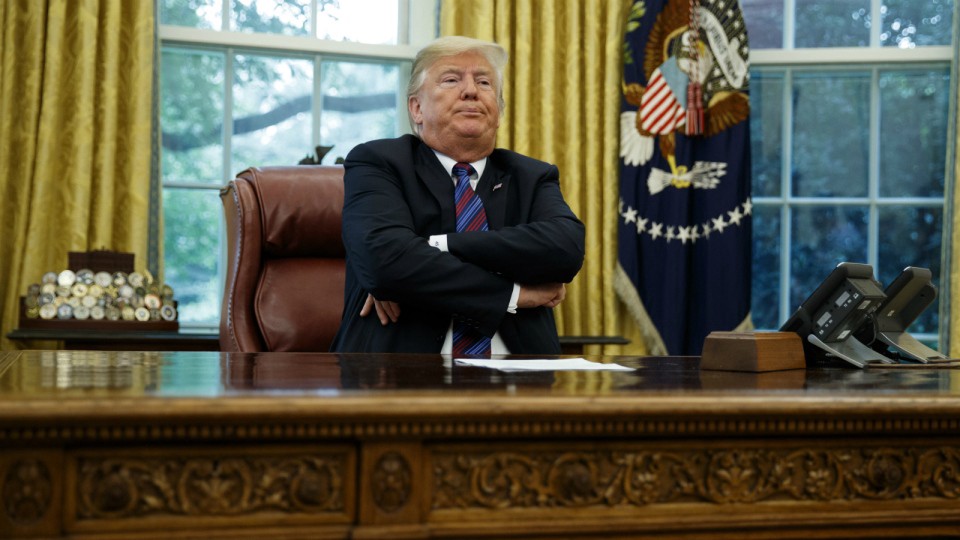A broken clock is right two times a day, and President Trump’s trade policies are technically better than his predecessors. I will give credit when credit is due, and the new US-Mexico Trade Deal, announced Monday, is a step away from the neoliberal free trade policies that both Democrats and Republicans have shoved down everyone’s throats for years.
The deal, reached with Mexican President Enrique Peña Nieto, is part of Trump’s effort to end the North American Free Trade Agreement (NAFTA), which resulted in the destruction of Mexican, and to a lesser extent, American and Canadian, livelihoods. The deal is far from perfect, but NAFTA is the devil, and I earnestly believe it has the possibility to bring back well paying jobs for Mexicans and Americans.
According to Business Insider highlights of the agreement, some of the most positive changes are related to the auto industry. For an automobile to be exempted from tariffs, 75% of it needs to be made within Mexico or the US. This is up from the previous 62.5%. What is really surprising to hear is that 40% to 45% of an automobile needs to be made by workers making at least 16 USD an hour or face a 2.5% punitive tariff. This is a new addition, and it could result in better-paying work for Mexican factory workers. The idea, originating from US auto-unions, is that factories will not relocate for cheap labor if the labor is entitled to the same wage.
The deal also applies stricter regulations on the origin of several industrial goods, which is crucial now that Trump has sanctioned the metal industries of China, Turkey, Canada, and the EU. The loss of these markets due to reciprocal retaliation means that the US is desperate for a metal market and domestic production. The same is true for several other markets, including agriculture and particularly pork.
The agreement still needs to be approved by Congress, and there is vocal bipartisan opposition to the deal. Democratic Party politicians, who brand themselves as progressives, are showing their true colors as they all flock to extol NAFTA a deal for the working class. This deal has brought the contradictions of neoliberalism into the political spotlight.
During the 2016 presidential election, it became clear that Trump, at the very least nominally, represented different class interests than the establishment Democrat and Republican candidates (the Clintons and Bushs). Trumpism is a result of the discontentment among the national capitalists (i.e Bourgeois). With the end of Cold War, the forces of international (i.e. Neoliberal) capital became the dominant class interest with organizations like the World Trade Organization (WTO) and the International Monetary Fund (IMF). All national capital and their political parties (Labour, CDU, etc) became subservient, albeit to different degrees.
Fast forward to the mid-2010s, and the contradictions between national and international have sharpened. Jobs are going overseas from place to place, and national industries cannot compete against cheaper tariff-less imported goods without subsidies. Despite any company’s desire to stay state-side, they eventually are forced to adapt to the will of global finance or go under. These are the interests that Trump’s trade policy is aimed towards. He is an actual nationalist, and so he has a protectionist trade policy.
As a Marxist, it is important to analyze each event as objectively as possible. While many, not just liberals, become swept away with moral absolutism, you need to take what you can get from any situation.

